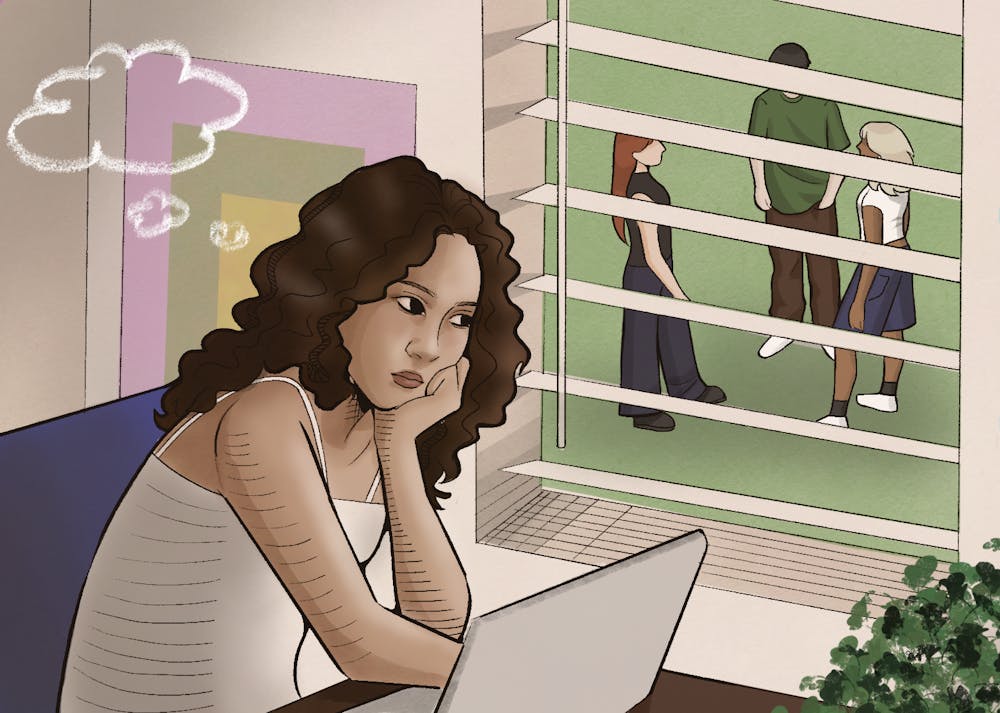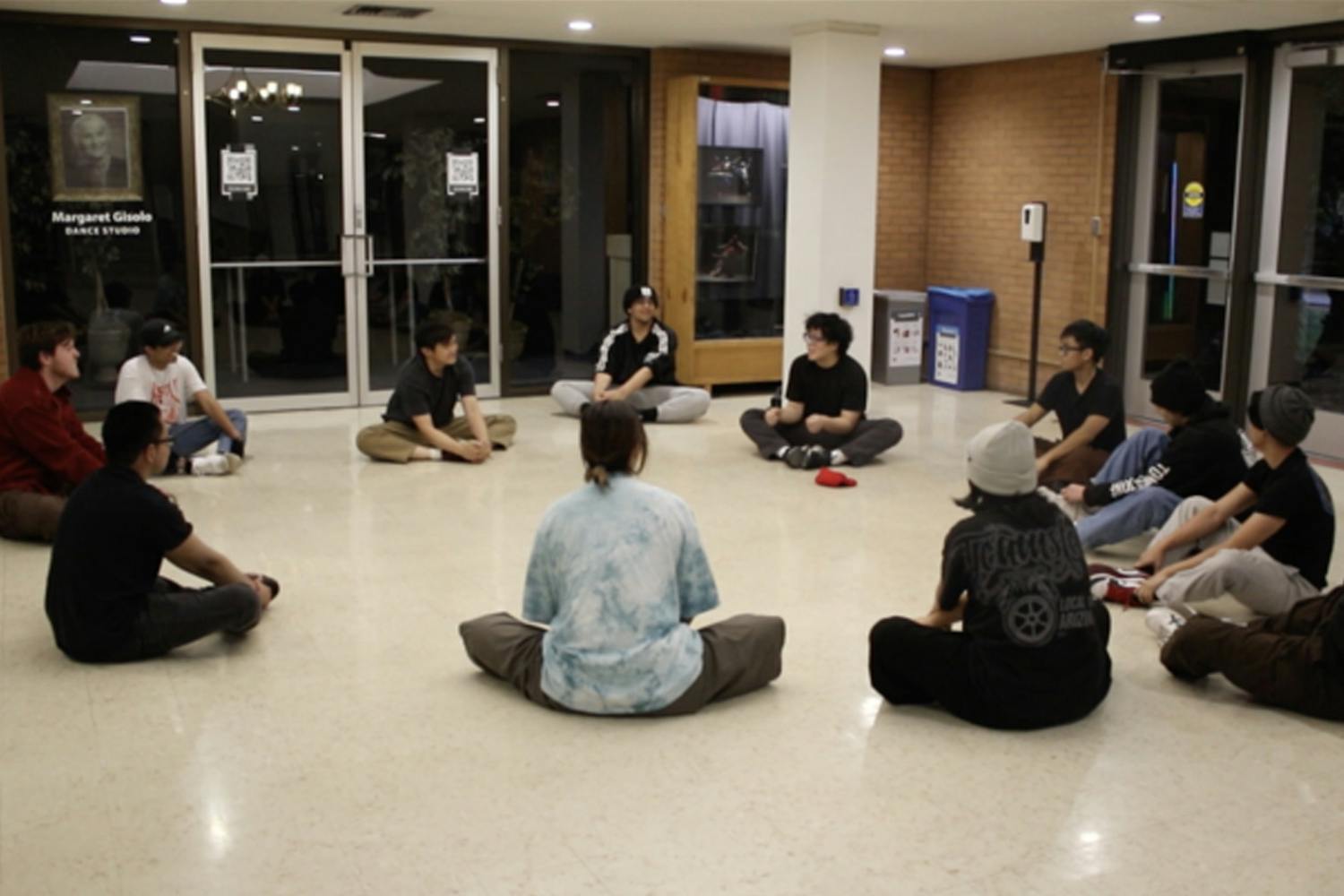It's often a struggle for students to socialize upon entering college, overwhelmed by its newness. Some might be intimidated by the very idea of branching out and making new friends.
In high school, students are surrounded by people they've known for years in a comfortable environment. As a result, jumping into a massive public university like ASU is a social reset.
One of the biggest hurdles in the high school to college transition is leaving old friendships behind and starting over.
"The transition to college from high school was a very sad one," said Gabriella Shead, a senior majoring in the arts and the executive director of the Residential Hall Association at the Tempe campus. "I was the only person among my friends who decided to go to ASU."
Starting over in a brand new social setting is intimidating after forming long-term friendships in school, according to Dawn Rendell, the assistant dean of students for Barrett, the Honors College.
"Those friendships may be very deep and it can feel hard to be in a place without that level of friendship," Rendell said. "I think making the first friend is the biggest hurdle, and it requires putting yourself out there in a way that can feel very vulnerable, which may be a new feeling."
Rendell explained that a key social difference between forming high school and college friendships is the smaller, more connected student body.
"A lot of the friends we make growing up are a result of proximity," Rendell said. "There is naturally a lot of time spent together."
In contrast, navigating the social landscape of college can be much more complex.
Dr. Eric Bjorkland, an assistant professor at the T. Denny Sanford School of Social and Family Dynamics, said that the lack of parental supervision, a bigger student population and different expectations for engagement in college are among the cultural differences between being in high school and being in college.
These factors affect incoming college students differently, with some coming into the environment better equipped than others, said Bjorkland. He calls these advantages "cultural capital," the traits that are valued in a given social setting, with some students having more cultural capital than others.
"They appear to 'naturally' know how to walk, talk, and most importantly, navigate this specialized institution (higher education)," Bjorkland said. "This translates into better performance in class, higher grades, research opportunities, letters of rec, and so forth."
This means that based on their background and family upbringing, students can feel less confident in their social skills and therefore hesitate struggle to keep up, according to Bjorkland.
However, forming social bonds in college is vital to well-being and academic success, said Rendell.
"We all want somewhere to belong. It's a basic human need," Rendell said. "So finding that space and those people supports your emotional health, which supports your overall success."
The pandemic demonstrated the importance of social connection in recent years by showing what happens when students are deprived of it. Roughly two years of remote learning due to the COVID-19 pandemic eliminated face-to-face interaction with peers.
This isolation was further increased as ASU closed seating in dining halls and students from different dorms could not visit each other.
Insufficient social interaction is linked to increased risk for depression, anxiety and cognitive health issues, an issue the pandemic exacerbated. A 2020 study showed that 86% of student participants reported increased social isolation due to COVID, with over half indicating that their total interactions with friends and families decreased.
Shead risked COVID infection in order to engage meaningfully with other students.
"It was really hard to make friends. Since it was still COVID-19, most of my classes were hybrid and the campus was very empty," Shead said. "I had chosen to live in the dorms despite everything because I really craved the experience and I wanted to go out and connect with people."
Bjorkland reiterated the importance of connecting with peers in-person in college, especially at this point in their lives.
"Social interaction means a lot to (students) at this point in their development," Bjorkland said.
Shead echoed this sentiment, emphasizing the importance of cultivating a strong social support system for student well-being.
“It is really important to make friends and socialize in college because friends provide a base of support for you to lean on," Shead said. "People usually don't like doing things by themselves, but having a friend to drag to events or to the dining hall helps you feel like you have more of a space on campus and that it will be easier to do things by yourself sometimes."
Edited by Mia Osmonbekov, Sadie Buggle and Caera Learmonth.
Reach the reporter at clegallo@asu.edu and follow @claire_legallo on X.
Like The State Press on Facebook and follow @statepress on X.

Claire Le Gallo is a reporter for the Community and Culture desk at The State Press. She is a sophomore majoring in Journalism and Anthropology.




